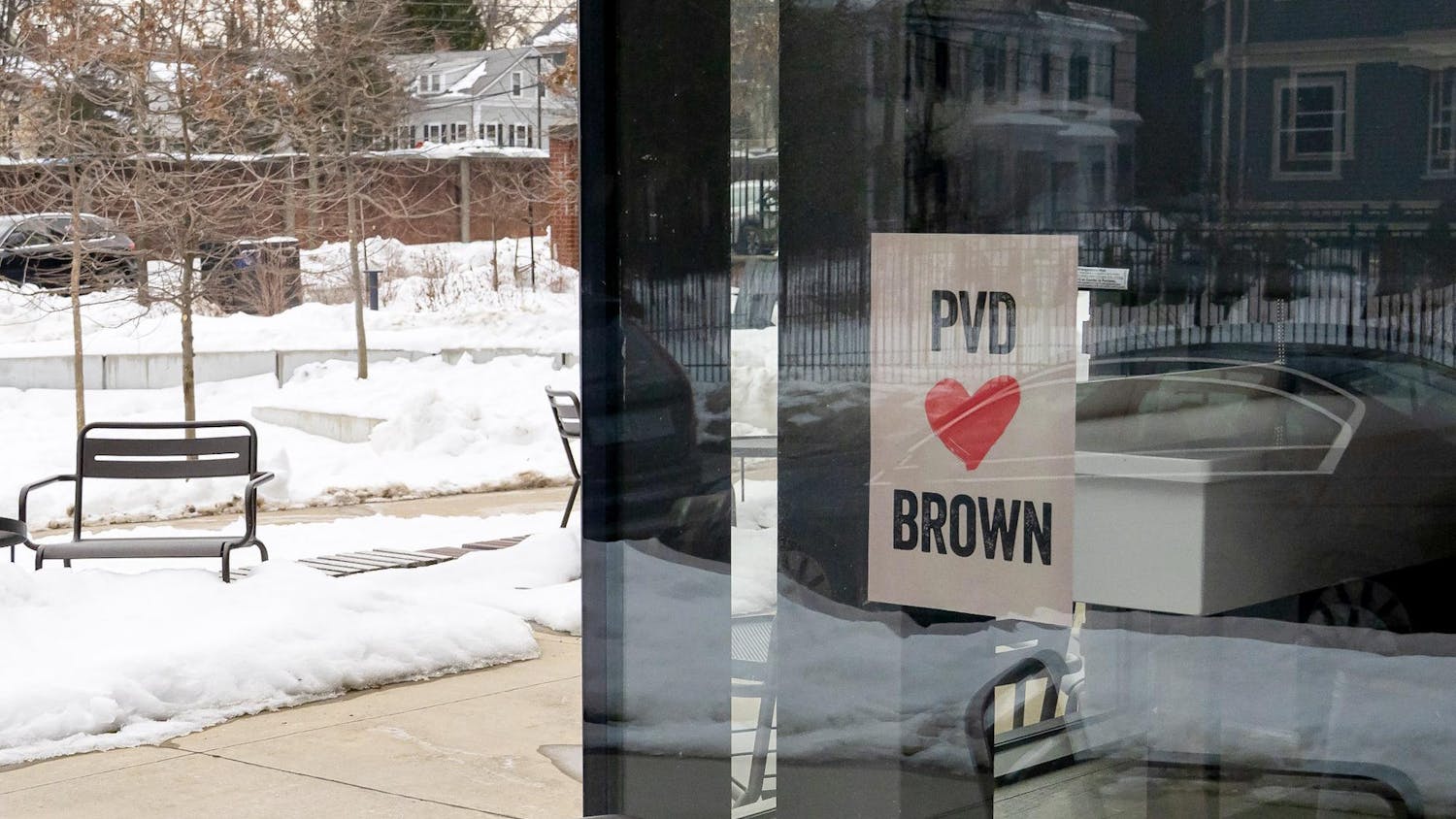Content warning: This article includes mentions of sexual assault.
The Title IX and Gender Equity Office received 99 reports of sexual misconduct in the 2022-23 academic year, down 31% from the 2021-22 year, according to the office’s Annual Outcome Report.
The outcome report includes data on misconduct complaints to the office and information on both outcomes of the complaints and the University’s efforts to reduce sexual and gender harassment. In a Today@Brown announcement Monday, the Title IX and Gender Equity Office reaffirmed “Brown’s ongoing commitment to creating and sustaining a campus environment free from unlawful harassment and discrimination.”
The report comes amid several ongoing lawsuits against the University regarding its Title IX processes. Most recently, the University was sued by a student who alleged the University violated the law by mishandling of her Title IX complaint, The Herald previously reported.
Students reported 43 instances of sexual assault, 26 instances of sexual and gender-based harassment, 10 instances of relationship and interpersonal violence and five instances of stalking to the office, according to the outcome report.
The report also acknowledged instances of sexual exploitation, retaliation and the provision of alcohol or drugs for prohibited conduct — with two cases of each. This year, there were zero reported instances of a “prohibited consensual sexual or intimate relationship with a student.”
The report also includes the outcomes of formal complaints, which are “a request for an investigation and initiation of the informal or formal resolution process,” according to the report.
The formal resolution process includes an investigation, hearing and cross-examination, while the informal resolution process constitutes a voluntary resolution between the complainant and respondent.
At Tuesday’s faculty meeting, President Christina Paxson P’19 P’MD’20 introduced a proposed Title IX pilot program that would modify case processing. Presently, cases are resolved by hearing and appeal panels comprised of community members including students, staff and faculty. The pilot proposes a “single-hearing officer model” in which one individual would look at information and policies to make decisions about Title IX cases. The goal is to reduce scheduling conflicts delaying processes, Paxson said.
In the 2022-23 year, the office resolved 11 formal complaints with five still ongoing, according to the report. Of these, the respondent was found responsible in four and not responsible in another four using the formal process. One complaint was resolved through the informal process, another was withdrawn and the last was “dismissed or referred to another process.”
Sylvia Carey-Butler, vice president for institutional equity and diversity, told The Herald that she looks forward to spreading awareness about the Title IX Office’s findings.
“We’re being very transparent about the kinds of cases, the results (and) what happened,” she added.

Neil Mehta was the editor-in-chief and president of the Brown Daily Herald's 134th editorial board. They study public health and statistics at Brown. Outside the office, you can find Neil baking and playing Tetris.





